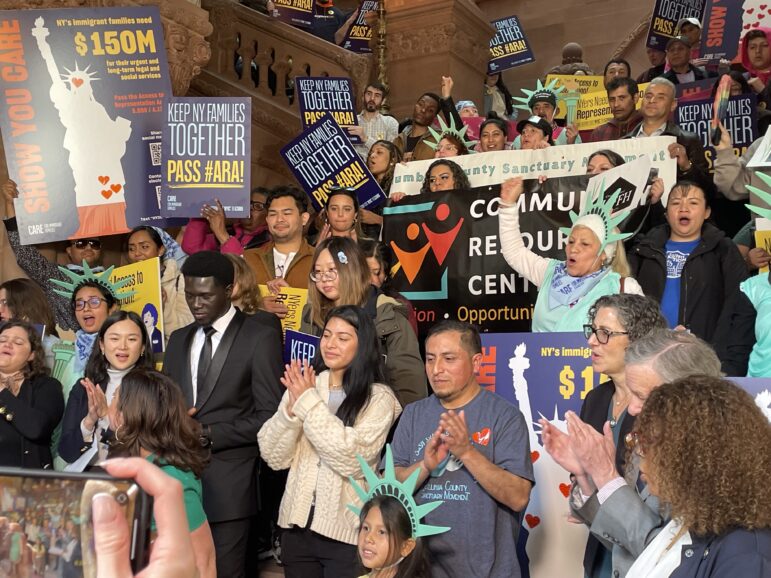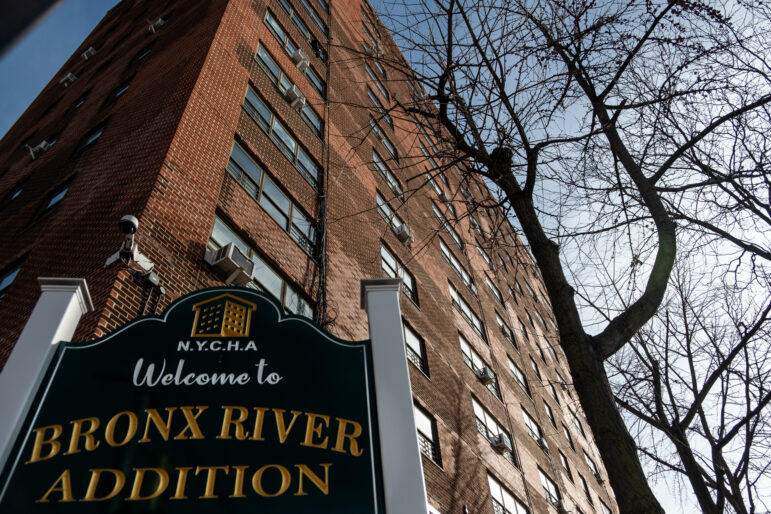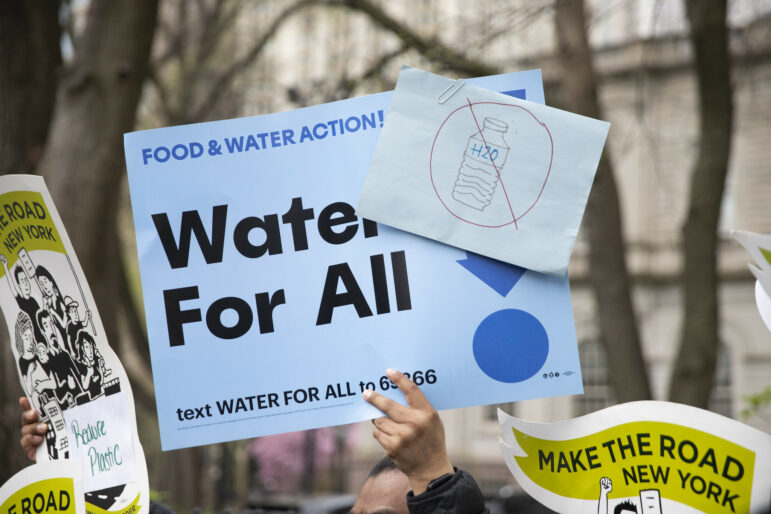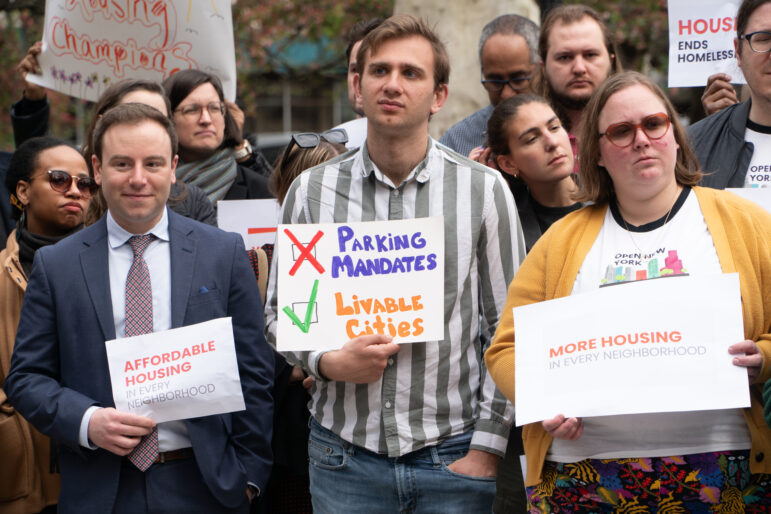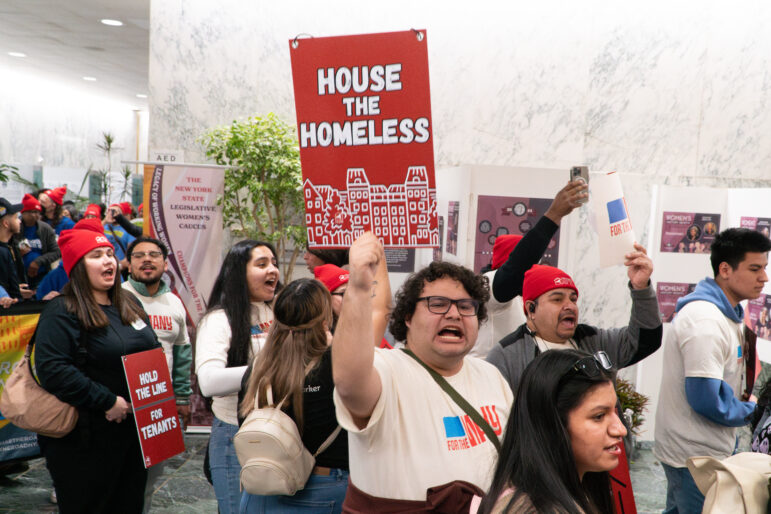The tough “one-strike” federal policy governing drug use and public housing evictions is coming under close scrutiny from one of the most influential courts in the country. The 9th Circuit U.S. Court of Appeals is now reconsidering its approval of the much-criticized rule, which allows public housing authorities to evict tenants whose family members or friends are accused of possessing drugs. The policy’s provisions are very strict: A tenant can get the boot, for example, if his or her grandchild was simply caught smoking a joint on public housing grounds.
Even though the court’s decision will only affect California and other Western states, many of the policy’s critics in New York were gratified by the news.
“Is it psychologically and morally uplifting? Absolutely. Does it give us a legal foothold in these cases? It certainly does for me and for this office,” said Mimi Rosenberg of Brooklyn Legal Aid who is one of a handful of attorneys that handles public housing eviction cases in New York.
Rosenberg added that given the prestige of the 9th Circuit, the decision could have a indirect impact in New York. If the policy were overturned, she said, it would be a boon for attorneys fighting these evictions locally: “If, for example, I lose a similar case, I would cite in my appeal a major holding in the 9th Circuit. It would bolster and buoy us.”
In any case, New York City’s policy is much more tolerant than the ones enforced in California, said Sharon Djemal, an attorney who has handled more than 100 New York City Housing eviction cases. But a court decision there could still help to protect New York tenants. “In the future, a favorable decision by the 9th Circuit will provide a safety net for the tenants, if New York’s protections were to fall apart.”
But the New York City Housing Authority spokesman Howard Marder discounted the court’s move. “The hearings will have little or no effect on the way NYCHA proceeds,” he said. “That’s happening in the 9th Circuit and we’re in the 2nd Circuit.”


